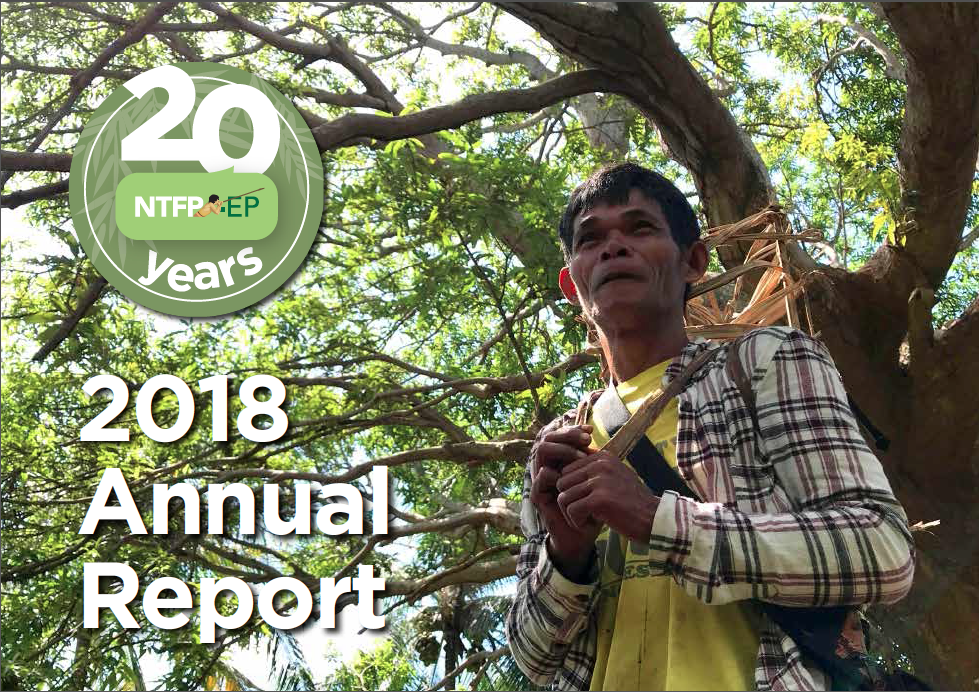Politically, governance is shaped by contending strategic narratives that are emergent from local, national, and regional contexts. According to the World Economic Forum, these simultaneously unfolding political narratives across the region are often bereft of innovative inspiration that is essential for transformational change. There is a stark contrast between the growing populist politics and the shrinking democratic spaces, not just in Asia but around the world. This disparity only fuels the conflict and unrest in the areas where NTFP-EP works.
Socially, even with the call to build on a shared identity and collective purpose of inclusivity, there is a lack of responsive governmental leadership that addresses local and national concerns. While the numbers show a quaint picture of progress among many countries in the region, these figurative successes do not translate completely on the ground. There is social unrest through waged wars, declining public services, and rampant corruption.
Economically, the world’s two biggest drivers, China and the United States, are occupied in a trade war that has affected global economic relations. There is a growing call for openness and mutual benefits especially in the pursuit of maximizing the rewards of a singular global integration. However, the widening gap between economies across the globe puts into perspective the winners and losers of the emerging Fourth Industrial Revolution–the dawn of digital resources.
Globally, entrepreneurial focus is directed towards digitalization. Thus, leaving out technologically challenged enterprises such as forest-based livelihoods. Given this, NTFP-EP took a closer look at the transnational and continental economic links that fuel the threats brought about by the rapid expansion of extractive industries in the region.
Environmentally, the climate change situation is unfolding into a climate crisis. The remotest of villages face direct observable impacts: changes in rainfall patterns, irregular flowering seasons, decreased bee activities, and increased frequency of inundation. Furthermore, we see a diminished biodiversity and the loss of key species used by forest-based communities.
With the decline in natural resources, there is a consequent shrinking of hunting and foraging grounds and a decrease in areas for shifting cultivation.
While the context seems bleak, there is a glimmer of hope at the grassroots. It is through these backdrop that communities and civil society continue to thrive and innovate. During its 15th Regional Meeting, NTFP-EP mapped out the communities’ coping mechanisms and strategies. It was found that there is a general perception that traditional knowledge systems are ‘backward’ or ‘obsolete’. As a result, the youth of the communities have been observed migrating out of the villages and into the urban landscape. There have also been numerous failed attempts to use non-traditional crops in farming. On the other hand, communities with strong traditions, secure tenure, and effective collective governance have been able to hold on to traditional and sustainable indigenous agricultural systems and practices, and natural resources management.
With these, NTFP-EP has defined its niche around its core strategies of being rooted in community based work, while also using various communication platforms and knowledge management strategies, promoting transformative changes, strengthening partnerships and alliances, and strengthening organizational governance.
DOWNLOAD PDF



